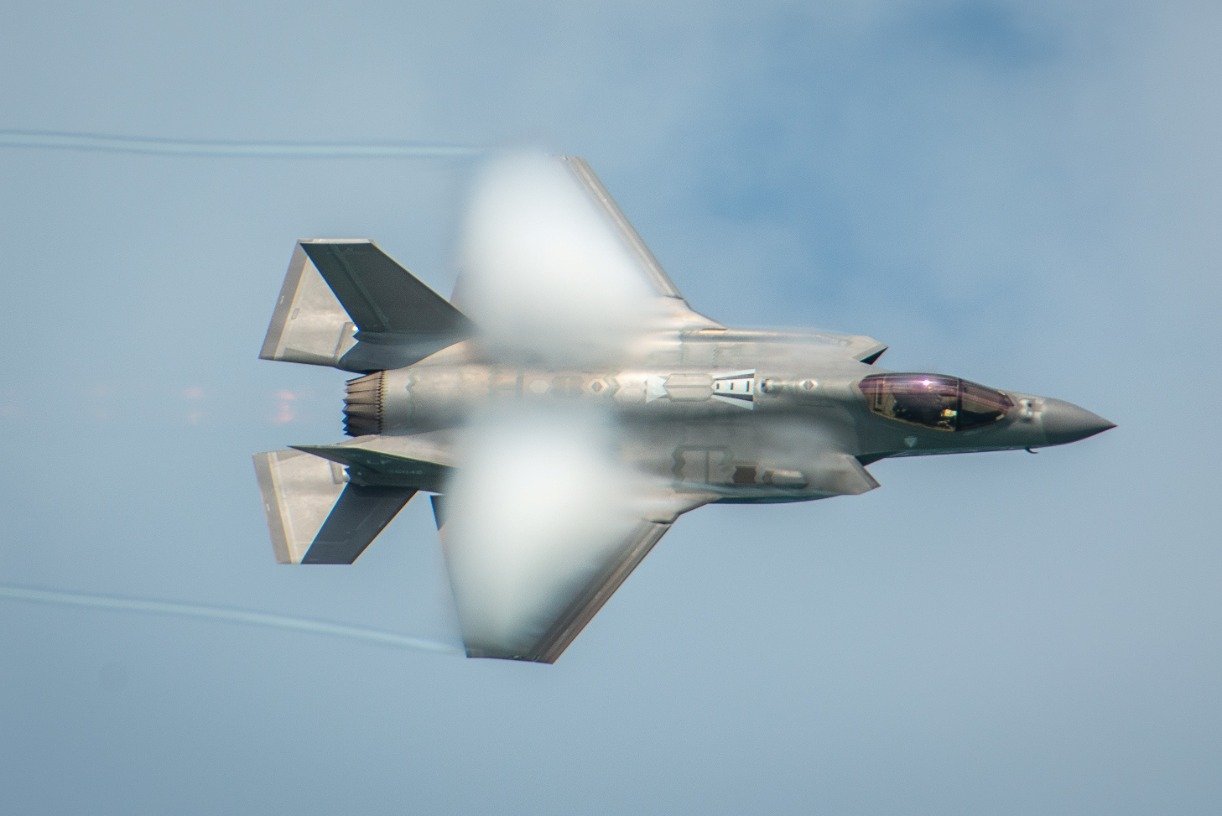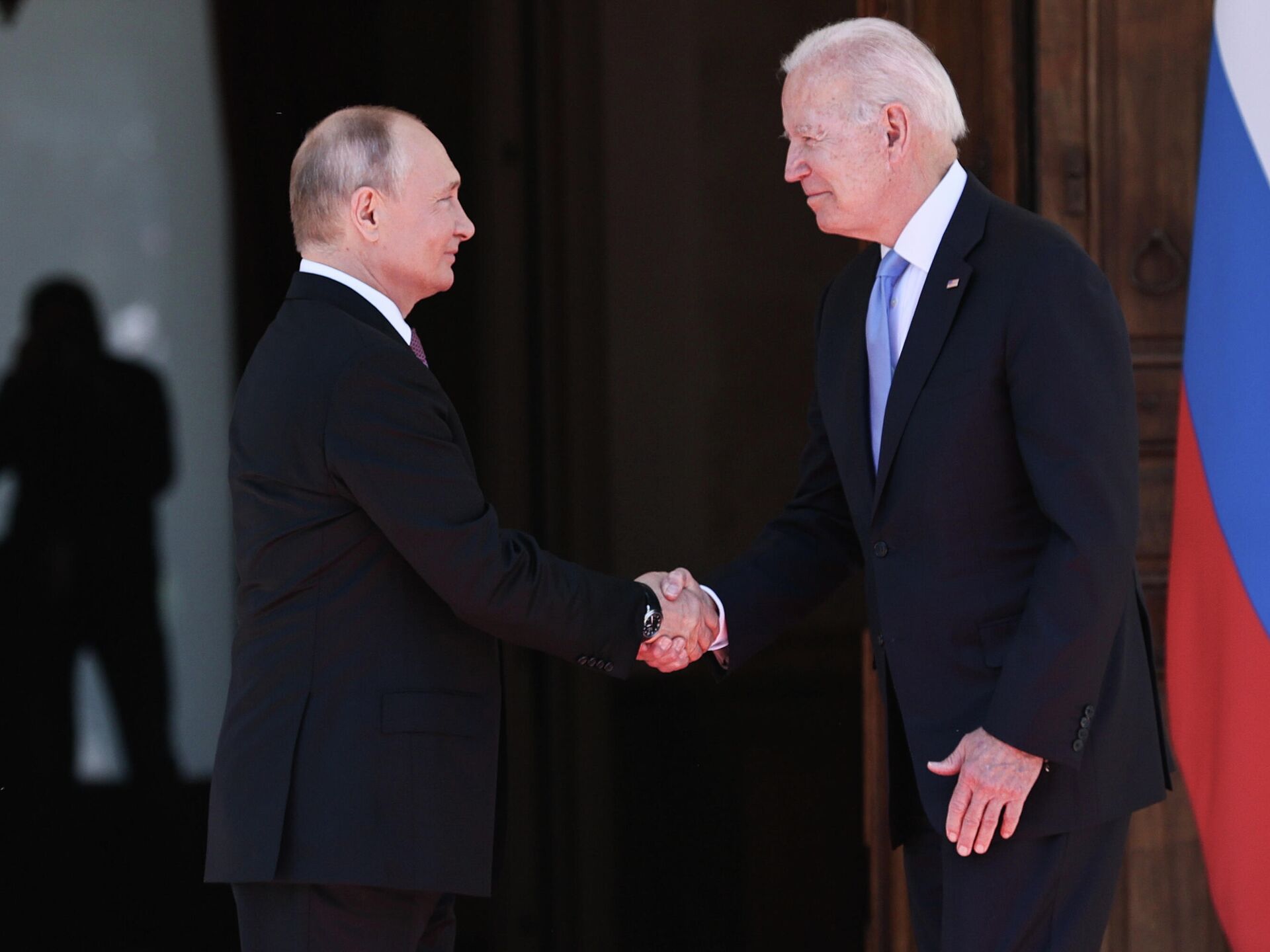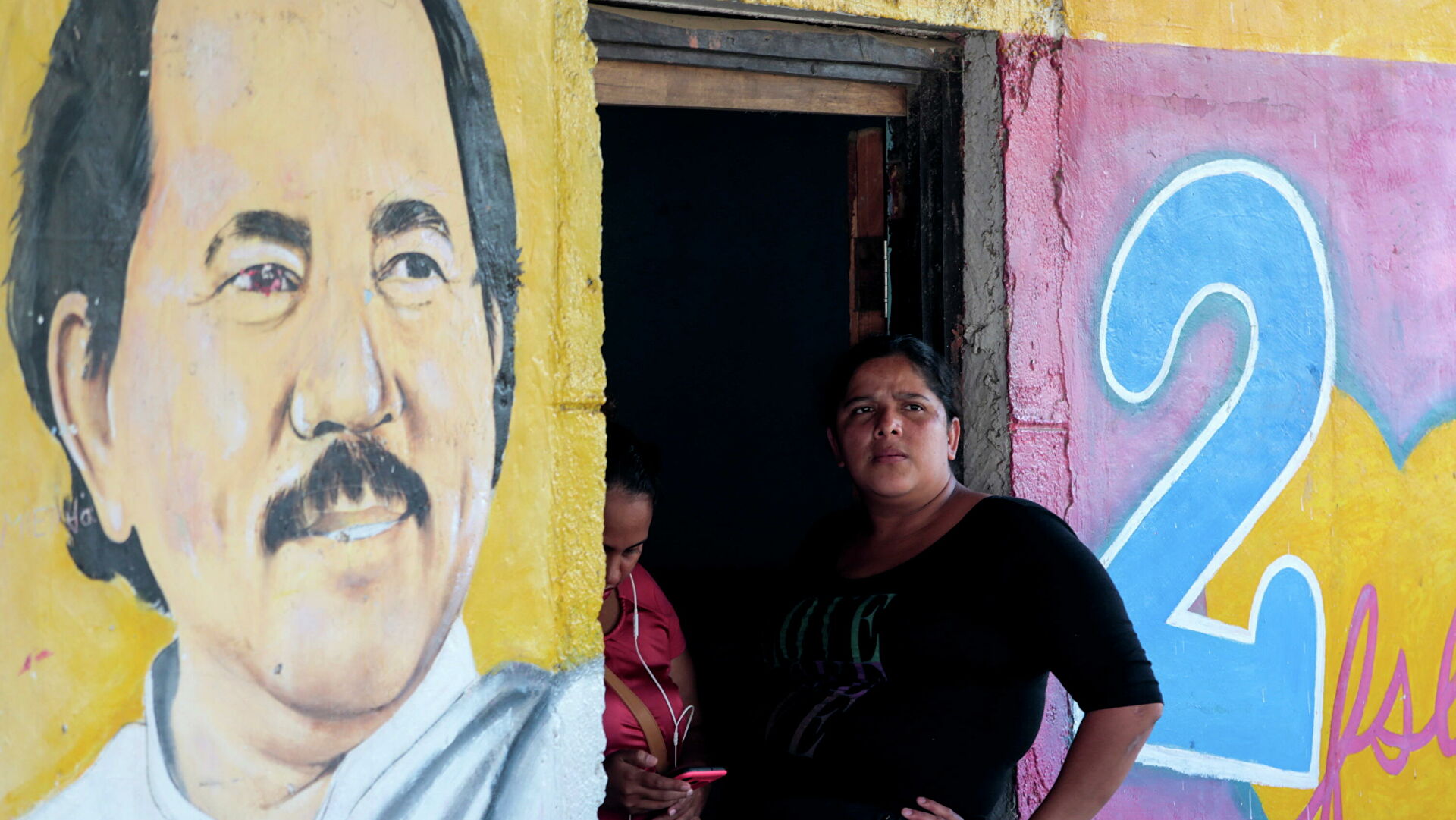Published 13-02-2014, 15:42
Fyodor Lukyanov
Fyodor Lukyanov is Editor-in-Chief of the Russia in Global Affairs journal – the most authoritative source of expertise on Russian foreign policy and global developments. He is also a frequent commentator on international affairs and contributes to various media in the United States, Europe and China, including academic journals Social Research, Europe-Asia Studies, Columbia Journal of International Affairs. Mr. Lukyanov is a senior member of the Council on Foreign and Defense Policy and a member of the Presidential Council on Human Rights and Civic Society Institutions. He holds a degree from Moscow State University.
 US Ambassador Michael McFaul attracted much more attention during his tenure in Moscow than any of his colleagues or predecessors. But his efforts as a diplomat and administrator (the US embassy is a huge operation, and running it requires exceptional managerial skills) have been eclipsed by his reputation before becoming ambassador. The Stanford professor was already well known as a charismatic public intellectual, and his academic research had already branded him as a "professional democratizer” in Russia before he set foot in the country.
US Ambassador Michael McFaul attracted much more attention during his tenure in Moscow than any of his colleagues or predecessors. But his efforts as a diplomat and administrator (the US embassy is a huge operation, and running it requires exceptional managerial skills) have been eclipsed by his reputation before becoming ambassador. The Stanford professor was already well known as a charismatic public intellectual, and his academic research had already branded him as a "professional democratizer” in Russia before he set foot in the country. As a private citizen, McFaul did not hold back in expressing his views of the Russian government and its leadership. Nor did he conceal his sympathy for its opponents, whether in Russia or neighboring countries wracked by domestic turmoil.
His outspokenness did not prevent him from becoming a disciplined bureaucrat in the Obama administration, which was determined in its first term to depart from the Bush administration’s relentless geopolitical and ideological pressure and improve relations with Russia. McFaul is an advocate of liberal interventionism, a doctrine that seeks to actively disseminate American principles, values and ideas throughout the world. And yet he entered government at a time when America, exhausted by democracy promotion under the neocons in the Bush administration, had begun to temper its ambitions.
McFaul was one of the architects and most enthusiastic supporters of the reset, which involved deemphasizing the promotion of American values (US foreign policy cannot function without appeals to US moral and political leadership) in favor of striking pragmatic deals with Moscow on a number of specific issues.
As an official inside the White House, McFaul promoted a policy that he most likely would have criticized as an academic on the outside.
The energetic and driven McFaul did much to extricate Russian-US relations from the deadlock they were stuck in by the end of Bush’s second term.
Again, the success of the reset was due in large part to the US decision to stop actively promoting democracy and human rights in Russia. And yet, upon his arrival in Russia, Obama’s personal envoy became known as the face of efforts to launch a color revolution here.
McFaul is partly responsible for this image. Knowing well the peculiarities of Russian perceptions, he could have displayed caution. But he had been to Russia many times and felt at home here. So he was relaxed and behaved as he was accustomed, like an in-demand star expected to play a certain role. It took McFaul many months to get used to the role of America’s chief representative and the many restrictions this entails. Journalists were of course thrilled by his lively and open style, whereas professional diplomats, including his compatriots, were bewildered, to say the least.
And while McFaul eventually mastered diplomatic protocol, he had no power over the turn of events in Russian politics and bilateral relations. The circumstances when he was appointed ambassador to Russia changed completely by the time he had arrived.
He was unlucky from the very start. His arrival at the US embassy coincided with the outbreak of protests in Moscow, and his reputation as a spirited democracy promoter and his extensive personal ties to the Moscow intelligentsia only deepened the Russian leadership’s suspicions about White House sympathy for the white-ribboned protesters. Russia’s changing political atmosphere, tensions between the Obama administration and Congress (evidenced, in part, by the battle over the Magnitsky Act), and finally the growing uncertainty in the world arena forced Washington to drop its plans to embark on the second stage of the reset. Meanwhile, the man sent to Moscow to lead the effort on the ground had to find something else to do.
When relations are in crisis, an ambassador is supposed to minimize the damage. McFaul is the last person you would choose for this job. He is a big personality and an attention-seeker. And he has a distinctly ideological image, whether deserved or not. That said, he handled himself well during the most sensitive episodes of the last two years – the exchange of legislative strikes at the end of 2012 and the Snowden case in 2013. Without his efforts, the damage to bilateral ties could have been much worse.
But McFaul is not a career diplomat. He is a political appointee who was called upon to forge a new agenda for the United States and Russia. It’s not his fault that this agenda never took off, but its failure undermined the justification for the ambassadorship of this ideological heavyweight, the president’s "commissar.”
Russian-American relations are in for a boring period. The mutual irritation is enough to prevent any progress, but not to lead to a dangerous escalation (at least for the time being). The sides don’t expect anything from one another, and there are practically no bilateral issues on which they could move forward. The agenda has been reduced almost entirely to working together on major international crises – Syria, Iran, Afghanistan and possibly North Korea. More countries are bound to join this list. Settling these crises is hard work, but this is classical, routine diplomacy, requiring the skills of an experienced professional.
McFaul’s ambassadorship was the symbolic end of the era when America believed it could influence Russia’s trajectory. This isn’t to suggest that the ambassador made special efforts on this front, and his gestures towards the opposition were likely an attempt to save face by Washington, proving that the United States is not sacrificing its principles (though in practice the concessions were obvious). It was his public image and his past as a prominent expert on sociopolitical transformation that became a symbol.
Russia is changing. And while its domestic processes increasingly depend on the outside world, it is becoming more and more immune to foreign meddling.
America is also changing. The public has less enthusiasm for international campaigns to remake the world in line with the "right” principles. Realizing that the United States cannot be everywhere and do everything, the elite has started to prioritize. In the future our countries will limit themselves to their domestic affairs, cooperating when there is an urgent international issue to resolve. A prominent social scientist, to say nothing of an expert on color revolutions, is not required for this task. It can be handled by a skillful and experienced diplomat.
No doubt, Ambassador McFaul has gained invaluable experience, and we can look forward to the publication of his next book to find out what lessons he had learned from his foray into the political arena.



_jpg/250px-ElbeDay1945_(NARA_ww2-121).jpg)









